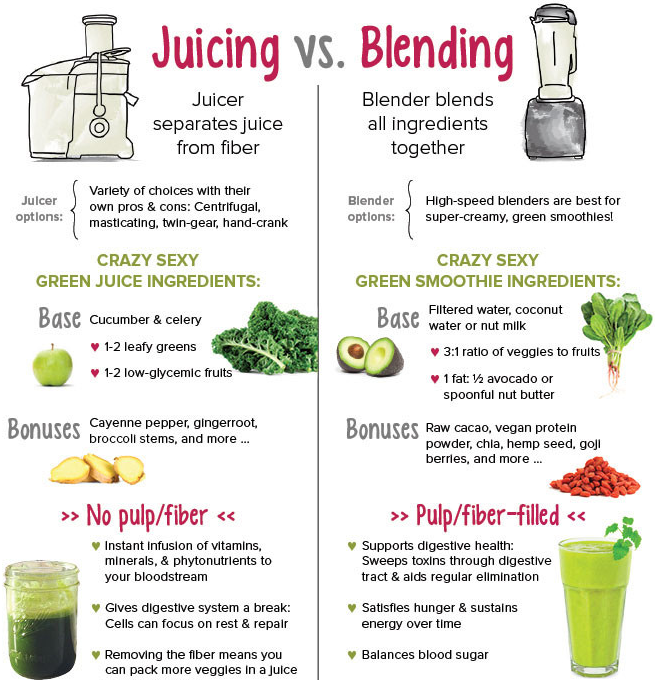Motivation. Discipline. Both key components to a healthy lifestyle and stem from the same desire: to be your best. Right now, you might be thinking, “Well, what’s the difference between them?” In this article,you will learn the distinct differences between these two concepts and how to use both to your advantage.
Motivation 101
Every January 1 millions of people are motivated to make some changes. You might say that you’re going to find a better job, lose 30 pounds, exercise each day, and/or read a book each week. The clear factor in creating these goals, whatever they may be, is your excitement about making them a reality.
To do so you might:
- Purchase a gym membership,
- Buy new cross training shoes, or
- Join Audible because you know you’re going to be ordering a lot of books.
Fast-forward to early March where you realize that you’ve only read two books, haven’t been to the gym in weeks, spent $30 on Amazon prime, $90 on your gym membership, and gained exactly one pound. Then comes the nagging guilt about your stalled efforts. To avoid that, you need to understand how discipline differs from motivation
Discipline 101
Discipline is similar to motivation because you want to improve yourself. It is different, however, because it requires you to change your ways. Most people assume that being disciplined means adopting massive changes. It doesn’t.
Discipline can be developed over time. Let’s use weight loss as an example. You know that eating less is part of the journey. But going from a life of convenience foods to clean eating isn’t an easy jump.
Becoming disciplined means taking small steps towards any goal you have. To eat less, you can:
- Drink water between each bite of food,
- Count to 10 after a bite of your meal to avoid eating to quickly, or
- Choose to use a smaller plate to watch your portions.
Now that you know the basics of each concept, let’s explore how they play off one another.
Differences between motivation and discipline
1.Motivation is the emotion of wanting to do something.
You might wish that you were motivated to go to the gym or to paint the spare bedroom. Of course, you’re motivated to go fishing if you love fishing. There are many ways to create motivation and motivating yourself
2. Discipline is doing the thing that needs to be done, regardless of whether you feel like doing it or not.
Discipline requires discomfort. If it were comfortable, you’d already be motivated to do it.
3. You’ll never be free without discipline.
If you require motivation to do something, you’re at the mercy of your emotions. There are too many things left undone if motivation is necessary for you to take action. To have real control over your life and yourself, discipline is necessary.
4. Discipline is limited.
You can only force yourself to do something you don’t like for so long. Some people have quite a bit more than others, but everyone runs out eventually unless someone is standing over them with a stick.
5. Discipline is most useful for developing habits.
Habit formation requires discipline at first. However, once a habit is established, discipline is no longer required. You don’t need discipline to brush your teeth, for example. Use your discipline where it can have long-lasting effects by developing powerful habits.
Another Way to Motivation Compared to Discipline
Discipline and motivation can be almost the same thing, too. Consider that discipline is largely the ability to self-motivate. You wouldn’t make yourself do a task in the first place if there were no benefit to you. You either believe you’re going to receive something enjoyable or avoid something painful.
Perhaps it would be more accurate to say that those people with discipline are actually those people with a high level of skill in the art of self-motivation. Those with the ability to motivate themselves can do the seemingly impossible.
The person that can drag themselves out of bed on a cold, rainy morning to go for a run is someone that is able to focus on their long-term objective. They are good at reminding themselves why they need to put on their shoes and head out the door. They focus on the benefits instead of the misery of getting up and facing cold, wet weather.
Keep the benefits on your behaviors in mind, rather than focusing on the task itself. Learning to motivate yourself is more important than any concepts of discipline, motivation, enthusiasm, and willpower.
If you can motivate yourself, any goal is within reach. Every action you take or avoid is due to some level of motivation.


